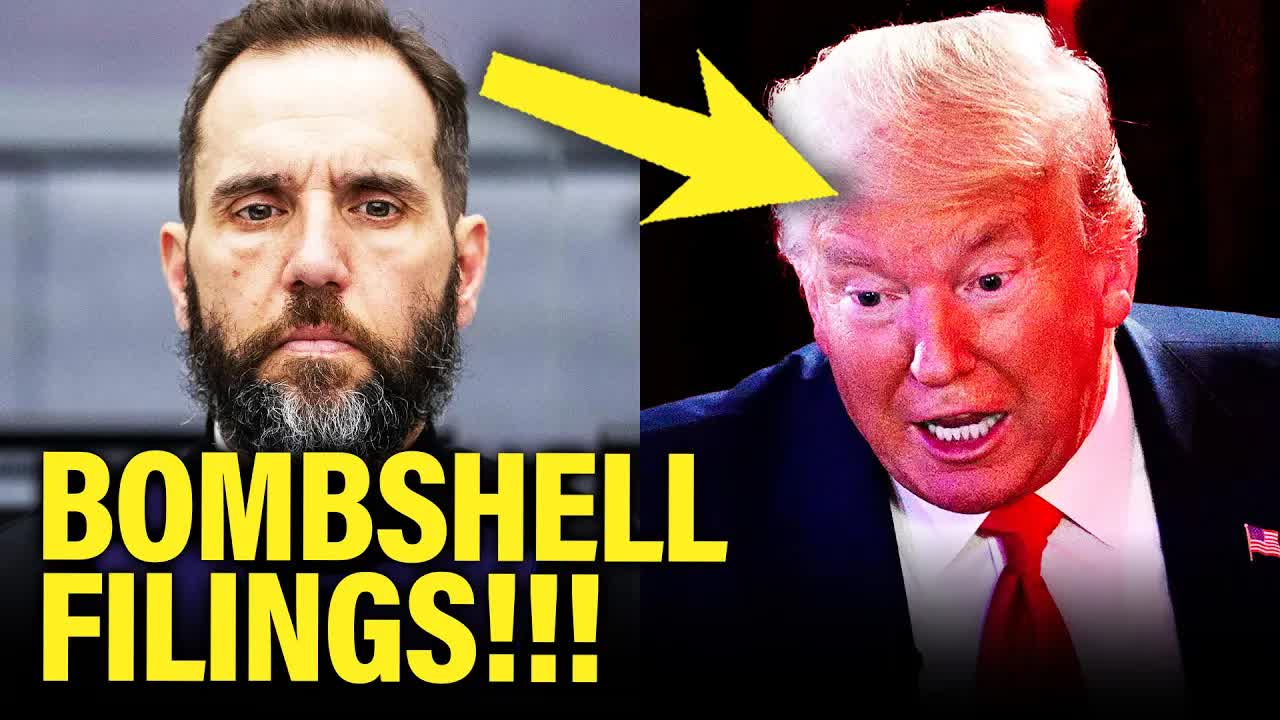In a recent analysis, Shan Wu delves into the contentious debate surrounding special counsel Jack Smith’s extensive filing regarding immunity in the ongoing legal proceedings against former President Donald Trump.
The 165-page document has drawn criticism from various legal commentators, particularly Ellie Honig, who argues that Smith’s actions may violate Department of Justice (DOJ) protocols and could potentially influence the upcoming election.
Wu highlights Honig’s concerns, noting that he believes Smith’s filing undermines the DOJ’s long-standing policy against taking any action that might affect an election too close to its date.
This unwritten rule, often referred to as the “60-day rule,” suggests that prosecutors should refrain from making significant announcements or decisions that could sway public opinion in the lead-up to an election.
Honig’s arguments have gained traction, especially following his appearances on CNN and his published articles.
As Wu dissects the situation, he emphasizes that Honig’s perspective may misinterpret the nature of Smith’s actions.
He insists that what some view as a cheap shot is actually a prosecutor fulfilling their duties, with the court also playing its role in the process.
Wu argues that the criticisms stem more from a misunderstanding of the legal procedures than from any misconduct on Smith’s part.
The crux of the matter lies in the procedural dynamics at play.
Typically, a defendant would initiate a motion to dismiss before a prosecutor responds.
However, in this case, Smith sought to file an unusually lengthy brief first, a request that Judge Chutkan ultimately granted, despite its atypical nature.
Wu points out that this deviation from standard procedure does not equate to wrongdoing; rather, it reflects the complexities of the case and the imperative to address the immunity question promptly.
Moreover, Wu rebuts Honig’s claims about Smith’s supposed manipulation of the legal process.
He notes that the court explicitly allowed for this approach, recognizing the importance of resolving immunity issues before delving into other substantive matters.
By prioritizing immunity, the court aims to clarify whether Trump should even face trial on the charges brought against him.
Another critical aspect of the discussion is the timing of Smith’s filing in relation to the election cycle.
Wu argues that there is a public interest in transparency and swift legal proceedings, especially concerning allegations against a high-profile political figure.
He maintains that the public deserves to understand the evidence presented and the rationale behind prosecutorial decisions, regardless of the impending election.
Honig’s argument hinges on the idea that Smith’s tactics could intentionally influence the electoral landscape.
However, Wu challenges this notion, asserting that the Supreme Court’s directive for the trial court to address these issues underscores the necessity of Smith’s actions.
He emphasizes that the delays in the case are largely attributable to Trump’s legal maneuvers rather than any missteps by the prosecution.
As the conversation continues, Wu addresses the principles outlined in the DOJ’s manual regarding election-related actions.
He clarifies that the rules stipulate that prosecutors must avoid any actions that could be perceived as favoring or disadvantaging a candidate in an election context.
However, he contends that Smith’s filing does not contravene these guidelines, as it was not made with the intent to influence the election outcome.
Additionally, Wu raises questions about the validity of Honig’s interpretation of the DOJ’s policies.
He points out that while the principles of federal prosecution advise caution in election-related matters, they do not prohibit prosecutors from taking necessary legal actions.
Furthermore, Wu notes that Smith’s request for additional time to consult with other DOJ components demonstrates a commitment to adhering to established protocols.
In summary, Wu presents a compelling argument that Jack Smith’s approach is not only appropriate but essential in navigating the complexities of the case against Trump.
He asserts that the criticisms leveled against Smith stem from a misunderstanding of legal norms and processes rather than any genuine misconduct.
As the legal landscape continues to evolve, it remains crucial for the public to stay informed about the proceedings and the implications they hold for the electoral process.































